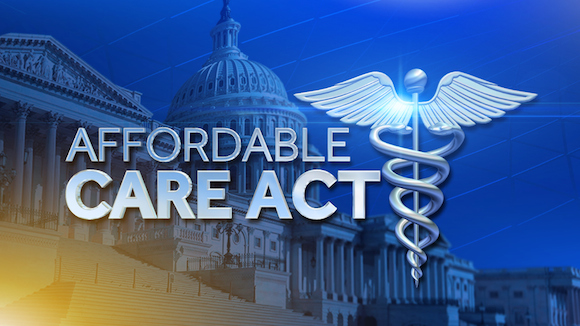If it were not my job to understand as much as possible about the Affordable Care Act, I would not even take note of the US Court of Appeals decision earlier this week. I promise I won’t be wonky.
Here is what The Washington Post had to say about contradictory rulings this week.
The law was passed in large measure by protecting each State’s autonomy in implementing ACA. All money had to flow to the States, then the States distribute it. That was the intention and much of the sustainability of the fragile support that led to its passage.
What no one expected was for the States (36 of them) to punt on setting up their own exchanges. No exchange, no place to put the money. So, the federal government stepped in and pumped the money into their exchange.
At first glance, a reasonable response could be…”What’s the big deal? A state exchange or federal exchange, who cares?”
However, the law doesn’t allow it.
Amend it? No way will this law be amended (it is toxic for both sides to open up that can of worms).
How will it go down? What happens next?
- It will just be accepted as the law that the intentions of ACA are being followed and nothing will happen (legalists should worry about this, because laws should matter). However, this accommodation will keep the ACA train rolling.
- Money will be stripped away from the 36 states and subsidies will be lost. It will erase the biggest success so far for the proponents of ACA (making healthcare affordable for low income individuals).
As an employer, what does this mean?
If the subsidies go away, then the whole thing will need to be re-thought. The taxes, fees, community rating and other things that have added cost to employer health insurance were to SUBSIDIZE the exchanges. If the feds can’t subsidize, then why pay these these costs? Will they go away?
If the subsidies stick, then the options you are considering now (dropping insurance because of the subsidies, especially) will still be an option. The taxes, fees and costs will also keep rolling along.
Sorry, I did get a little wonkish. I guess what I mean to say is that something that appears almost to be a typo in the law is in fact a big problem. Having it out there now as a question mark creates uncertainty for employers (and everybody).
We will do our best to stay on it.

